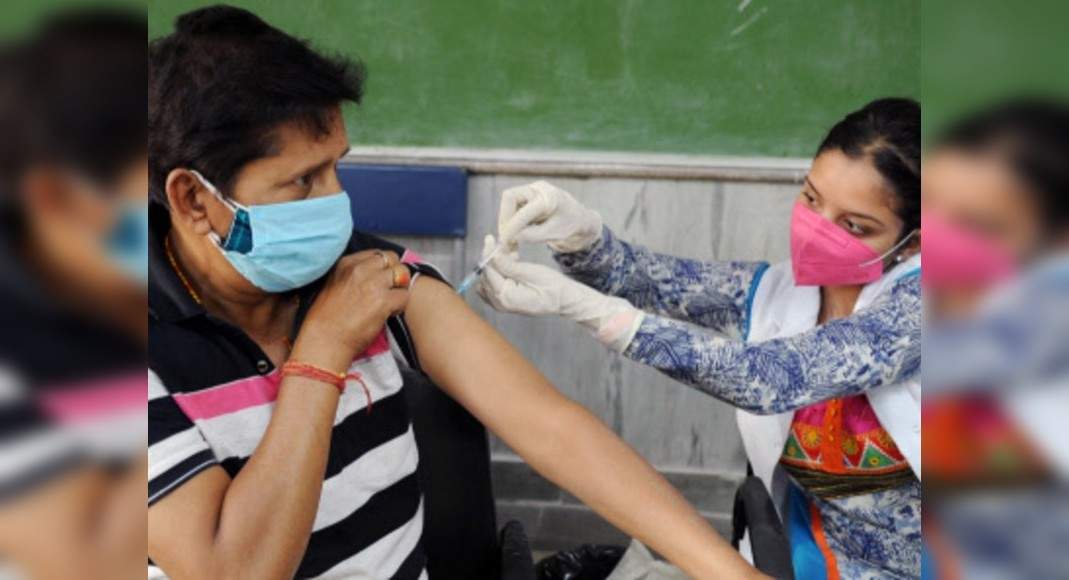NEW DELHI: The indemnity demand put forward by multinational vaccine makers has seen them call for disputes being resolved overseas, prompting the government to tread cautiously on the issue as the two sides try and reach a middle ground.
The Centre is engaging with multinational pharma majors such as Pfizer and Moderna for sourcing Covid-19 vaccines but is also weighing the commitments it undertakes as part of the deal since it may have longer-term implications.
The view in government is that while vaccines are needed in the near term, India’s domestic supplies will be comfortable from August.
The indemnity will not just impact domestic rules but also set a precedent for the future with other drug-makers also expected to seek similar facility for life-saving medicines.
In addition, this could be demanded for other purchases too.
The demand for an overseas jurisdiction for resolving disputes in particular has seen the Centre consider the consequences.
Sources told TOI the government will have to offer the same benefits to domestic manufacturers such as Serum Institute of India and Bharat Biotech with the former having already stated its demand publicly.
“The government is engaging with the companies with an open mind and is keen to resolve it at the earliest,” a source said, emphasising that the government is hopeful of negotiating its way past the insistence of Pfizer and Moderna for indemnity for action for their Covid-19 vaccines and exemption from possible local trials.
The delicate tightrope walk, where the government is seeking to source the vaccines from Pfizer and Moderna while, at the same time, fending off their tough demands, is part of the elaborate effort to boost supplies.
The government has relaxed several norms in its bid to boost vaccine availability.
The result is already evident as improved production by Serum Institute and Bharat Biotech goes on stream.
The impact of higher production will not be felt immediately as the entire process takes time.
For instance, it takes 45 days for a company such as Bharat Biotech to produce the vaccine from the time the process starts.
After that, each batch of vaccine is tested at a facility at Central Drug Laboratory, Kasauli in Himachal Pradesh, before going into the distribution network comprising dispatches to states and then to hospitals and dispensaries.
Ramping up production capacity at their own facilities as well as in tie-ups entails tying up almost 200 inputs and raw material: an arduous enterprise made even tougher because of the scramble for vaccines.
The government has helped, with PM Narendra Modi and the foreign minister making a strong persuasive pitch to the Biden administration for lifting the curbs on raw material and components which go into the manufacture of vaccines.
A big breakthrough was achieved on Saturday when the Biden administration took the components out of the purview of the Defence Procurement Act that prohibited American manufacturers from exporting without approval of the authorities there.
The relaxation of curbs will especially help Serum Institute, which is more dependent on US supplies than Bharat Biotech, which sources its needs from Europe and some Asian countries.
In addition, some of the states where production facilities are located had their own issues to be resolved, which has resulted in the process getting longer.
But with the critical problems having been largely resolved, the government expects supply to improve considerably in the coming months.
The supply of Moderna, Pfizer and Sputnik V will supplement the efforts, sources said.







